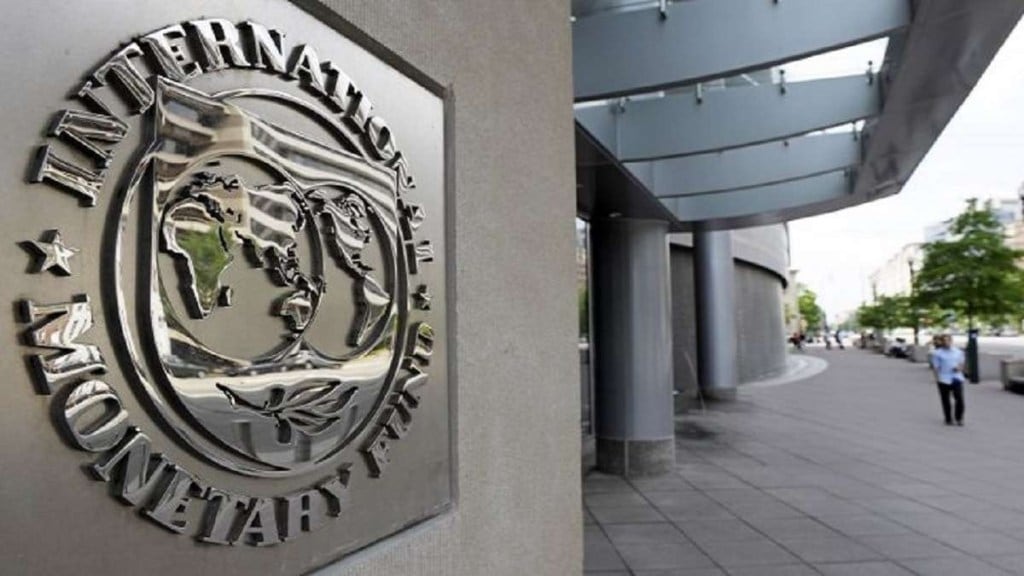The International Monetary Fund (IMF) today reviewed the ongoing Extended Fund Facility (EFF) lending program worth $1 billion and also considered approving a fresh Resilience and Sustainability Facility (RSF) loan amounting to $1.3 billion for Pakistan. During the discussions, India, as an active and responsible IMF member, raised serious concerns regarding the effectiveness of IMF programs in Pakistan, citing the country’s poor track record of implementation and the potential misuse of funds for state-sponsored cross-border terrorism.
Pakistan has been a frequent and prolonged borrower from the IMF, with disbursements made in 28 of the 35 years since 1989. In the last five years alone, starting from 2019, Pakistan has sought IMF assistance through four separate programs. India argued that if previous IMF programs had successfully established a robust macroeconomic policy framework, there would be no need for yet another bailout. This repeated reliance raises questions about the design, monitoring, and implementation of IMF programs in the case of Pakistan.
India also expressed concern over the Pakistan military’s entrenched role in economic decision-making, highlighting the risk of policy slippages and reform reversals. Despite a civilian government currently being in power, the military continues to exert outsized influence over domestic politics and the economy. A 2021 United Nations report described military-linked businesses in Pakistan as the “largest conglomerate” in the country—a situation that has only deepened, with the military now playing a central role in Pakistan’s Special Investment Facilitation Council.
Pakistan military’s deeply entrenched interference in economic affairs poses significant risks of policy slippages and reversal of reforms. Even when a civilian government is in power now, the army continues to play an outsized role in domestic politics and extends its tentacles deep into the economy. In fact, a 2021 UN report described military-linked businesses as the “largest conglomerate in Pakistan”. The situation has not changed for the better; rather the Pakistan Army now plays a leading role in the Special Investment Facilitation Council of Pakistan.
India flagged the Pakistan chapter of the IMF Report on Evaluation of Prolonged Use of IMF Resources. The report noted that there was a widespread perception that political considerations have an important role to play in the IMF lending to Pakistan. As a result of repeated bailouts, Pakistan’s debt burden is very high, which paradoxically makes it a too big to fail debtor for the IMF.
India strongly cautioned against rewarding continued state sponsorship of cross-border terrorism, arguing that such actions send a dangerous message to the international community, damage the credibility of funding institutions, and undermine global norms. The concern that fungible IMF funds could potentially be diverted toward military or terrorist activities found resonance among several member countries. However, India pointed out that the IMF’s response remains constrained by procedural and technical formalities—an important gap that underscores the urgent need for global financial institutions to incorporate moral and ethical considerations into their decision-making processes.
The IMF acknowledged India’s statements and took note of its abstention from the vote.


